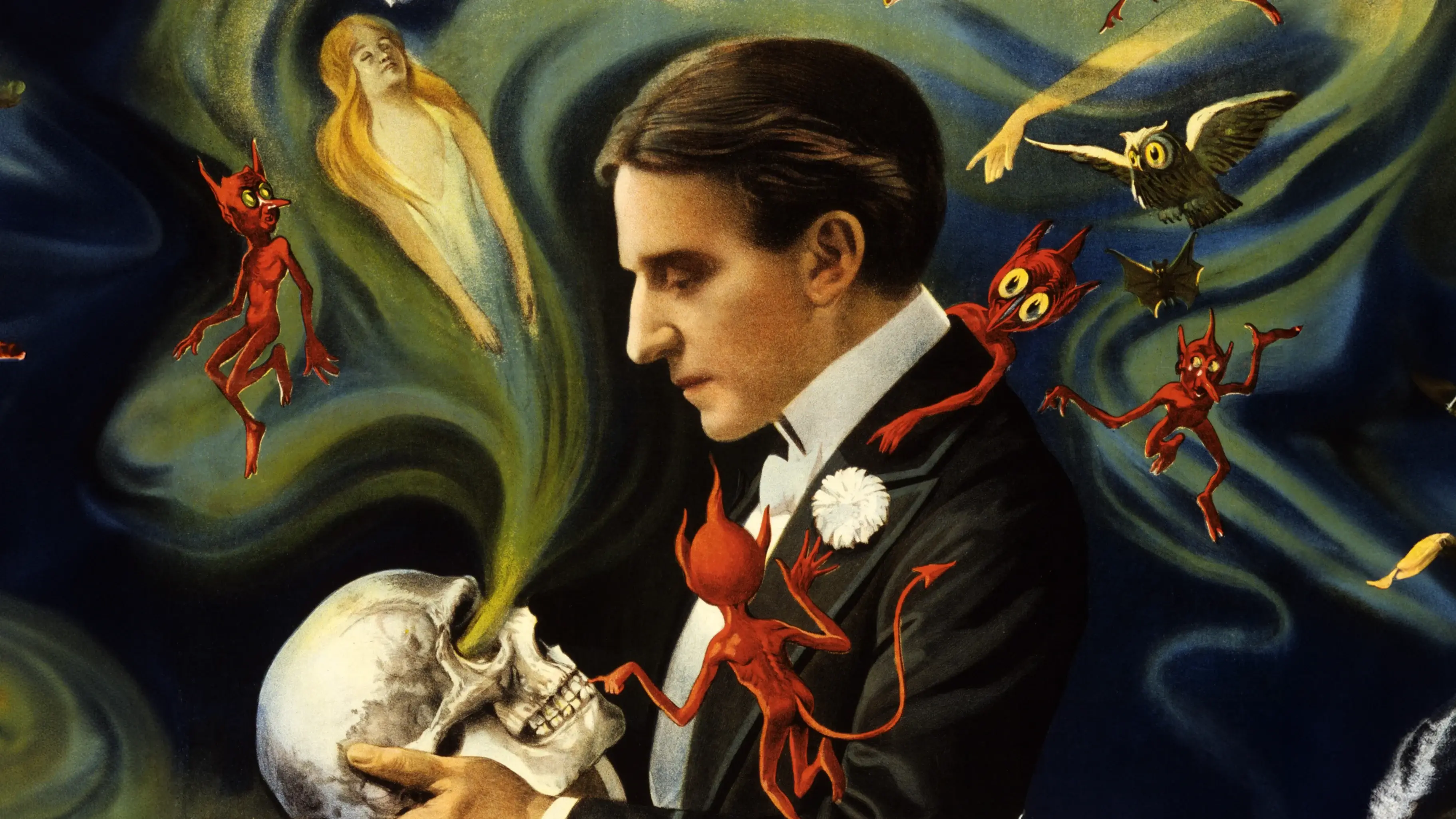Realists and idealists argue about whether physical objects exist, whether they are real or just part of a world of ideas. But can they at root help us solve the most important philosophical questions? In this instalment of our idealism series, in partnership with the Essentia Foundation, David R. Cerbone argues that Wittgenstein can help us return to more substantive questions. Should we be Idealist or Realists in the first place?
In his very first meeting with Bertrand Russell, Wittgenstein is reported to have said “that he did not think either realism or idealism was satisfactory: one would have to take some third position between them.” According to Rush Rhees, Russell rebuked the young Wittgenstein for seeking an intermediate position, since “you would have to have an intermediate position between this new one and each of the others, and so on ad infinitum.” But Wittgenstein’s early dissatisfaction with both realism and idealism persisted throughout the ensuing four decades of philosophical thinking and writing. He developed a neither-nor attitude towards realism and idealism, which is particularly clear in his much later comments on the subject in Remarks on the Philosophy of Psychology (also published under the title Zettel, which means “scraps” or “fragments”). Here he suggests that the debate between idealists and realists has no practical significance for our lives.
These late remarks of Wittgenstein do not focus on the doctrinal details of these two “-isms.” In general, his writings are disappointing if one comes to them looking for attention to such details. In academic philosophy, realism and idealism come in myriad sophisticated versions with all manner of modifiers (transcendental idealism, absolute idealism, empirical realism, scientific realism, and so on). Wittgenstein’s interest lies instead with some of the more basic impulses that motivate philosophers to develop such intricate theories. He does so in the remarks we’ll be looking at by considering otherwise unnamed adherents to such views – the idealist rather than idealism, and the realist rather than realism. Wittgenstein invites us to consider the realist and idealist not so much as archetypical philosophical figures, but as otherwise ordinary people. What do these considerations reveal?
The first remark begins with Wittgenstein asking us to consider “a convinced realist” and “a convinced idealist,” each of whom has children. It would be natural to suppose that they would each want to pass on their respective convictions to their children: “In such an important matter as the existence or non-existence of the external world they don’t want to teach their children anything wrong.” However, Wittgenstein wonders what differences in parenting practices there might actually be between the idealist and the realist. “What will the children be taught?”, he asks, “To include in what they say: ‘There are physical objects’ or the opposite?” He indicates a degree of scepticism about this suggestion in his conclusion to this first remark: “If someone does not believe in fairies, he does not need to teach his children ‘There are no fairies’: he can omit to teach them the word ‘fairy’. On what occasion are they to say: ‘There are…’ or ‘There are no…’? Only when they meet people of the contrary belief.”






















Join the conversation